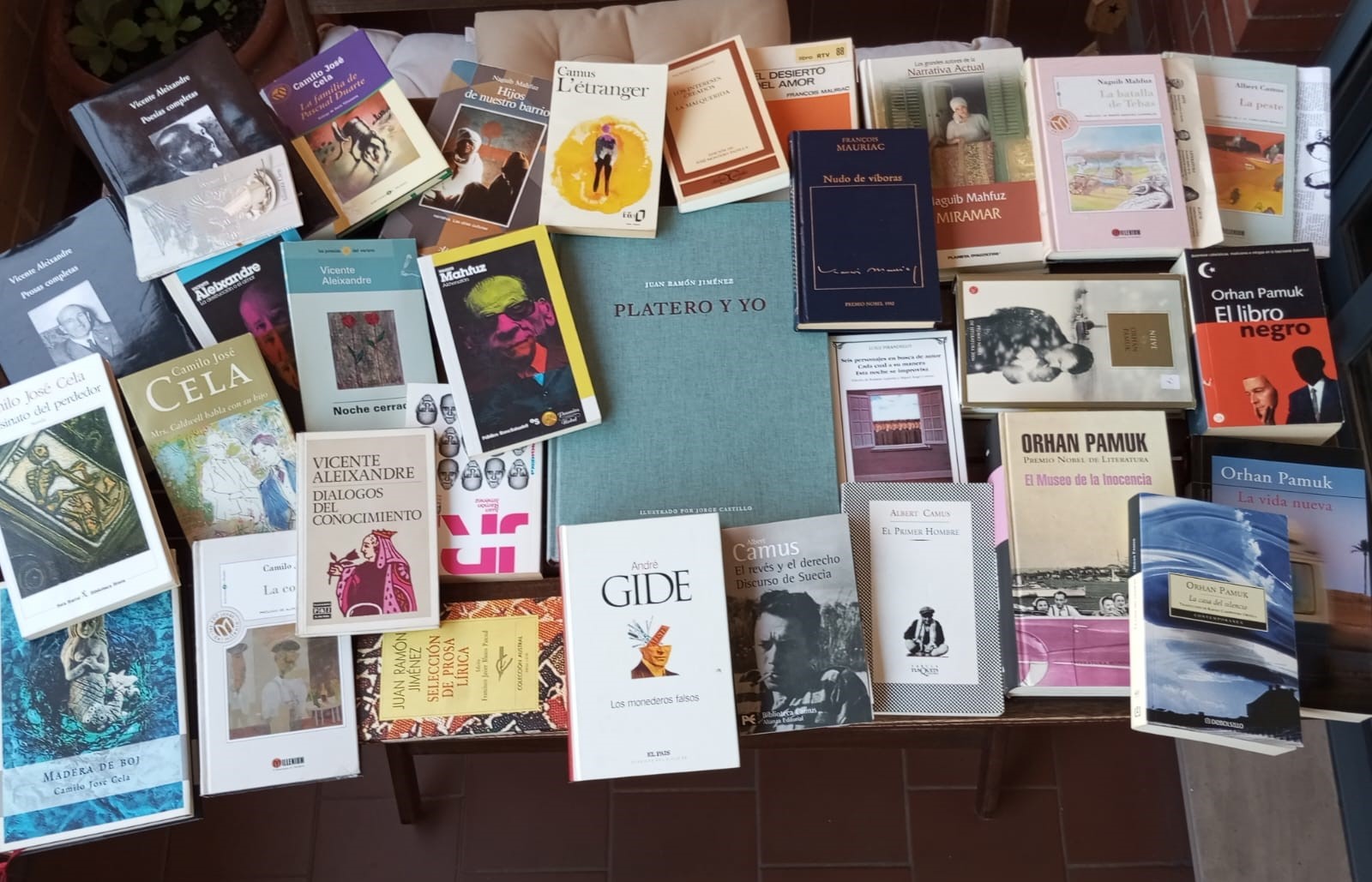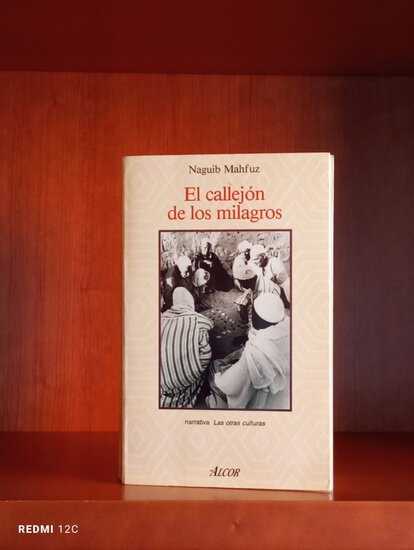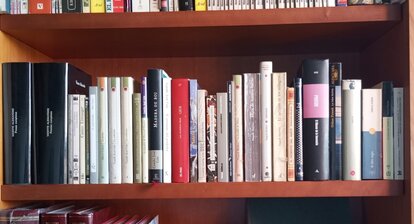Literature
The "cultured colour" of the Mediterranean and its 35 Nobel Laureates in Literature

The data endorse the broad intellectuality of the shores that frame the Mare Nostrum, and the fact is that, among other statistics, its waves dance proudly to the beat of the lines written by the 35 Nobel Prize winners for Literature from our Mediterranean countries.
After all, even the Mediterranean Sea itself has a "cultured colour", as one of our nobles, Camilo José Cela, said: "The Mediterranean is clear because its colour is at the service of its culture. The greens and blues of its waters, and the golds and siennas of its lands, are cultured greens and blues and golds and siennas not only because they are exposed to a meridian light, but also because they are full of tradition, because they have been fixed for many centuries".
Yes, the greens and blues of its waters, but also those golds and siennas of these lands that attracted the birth or nationalisation of our Nobel Prize-winning writers in eight of the Mediterranean countries. This means that 20.5% of the total number of nations (39) with intellectuals who have received this lofty literary recognition since Sweden began awarding the prizes in 1901 are Mediterranean.
France, Italy, Spain, Greece, Yugoslavia, Israel, Egypt and Turkey. How honoured these countries must be to represent the Mediterranean region with more than 20 % of the total number of Nobel Literature Prize winners!

But why put the names of the countries before the names of their intellectuals? Was it not these men (and one woman) who won the difficult Nobel Prize? Prudhomme, Mistral, Echegaray, Carducci, Rolland, France, Benavente, Deledda, Bergson, Bunin, Pirandello, Martin du Gard, Gide, Mauriac, Jiménez, Camus, Quasimodo, Perse, Andric, Seferis, Sartre, Agnon, Montale, Aleixandre, Elytis, Simon, Mahfuz, Cela, Fo, Pamuk, Le Ciezio, Modiano and Ernaux, as well as Mediterranean nationals Vargas Llosa and Xingjian.
It is simple and logical that Mediterranean nations can be proud of their writers, but are our intellectuals proud of their countries?
The Greek Nobel laureate Odysseus Elytis was clear from the moment he gave his speech when he received his prize in Sweden. He extolled the luminosity, transparency and virtues of language in the face of the need to give them the greatest possible visibility because they are all the more necessary "the denser the darkness that characterises the age in which we live".

On another shore of our sea, the Nobel laureate Naguib Mahfuz, if he was not already one in life, extended his wise legend not only in the Egypt where he was born but throughout the Mediterranean after his death almost 20 years ago. He always wanted to put the conciliation of the word before the adversity of the possible irrationality between two different and sometimes opposing cultures, with the common goal that the countries on the different shores of the Mediterranean should not be so far apart. "The throne gives glory", Mahfuz admitted, "but happiness depends on one's wisdom", he added later in his work Akhnaton, for, in times of conflict, "we do not need more territory, but more wisdom to preserve it".
The French writer Annie Ernaux was right when, not long after receiving her Nobel Prize in 2022, she stated bluntly that "literature is not meant to provide solutions", although it "can try to explain a situation" in the face of a political crisis.
It is not a question of talking about The Bonds of Interest, nor of anyone having Gide's The Counterfeiters, much less of accusing any leader of creating Mauriac's The Knot of Vipers, nor of believing that we are living through Camus' The Plague, nor of considering that some of the countries are, like Pirandello, Six Characters in Search of an Author. No, it is none of these examples, no matter how beautiful they are considered to be. What really interests, or should interest, everyone without exception, is that "forgiveness as a path to peace", or at least "inner peace", as the Turkish Pamuk said.
And if, despite this, we still cannot find the longed-for solution, we can look to the beauty of the words of poetry, because its verses are, nothing more and nothing less, the artistic genre "of approaching that which surpasses us", in the words of the versed Elytis. "Ah, yes, indeed, times have always been durtfiger (of destitution) for man! But, for its part, poetry has never ceased to officiate".
Nor should we forget the words of Yugoslavian Nobel laureate Ivo Andric when he dared to note that "the greatness of a country is measured by how it treats its most vulnerable citizens".
Perhaps we need to look to The Alley of Miracles (Mahfuz) to learn that the solution that will increasingly allow us to shorten the possible distance from the Mediterranean countries is right here, in our own - more ours and more ours than ever - Mare Nostrum.
